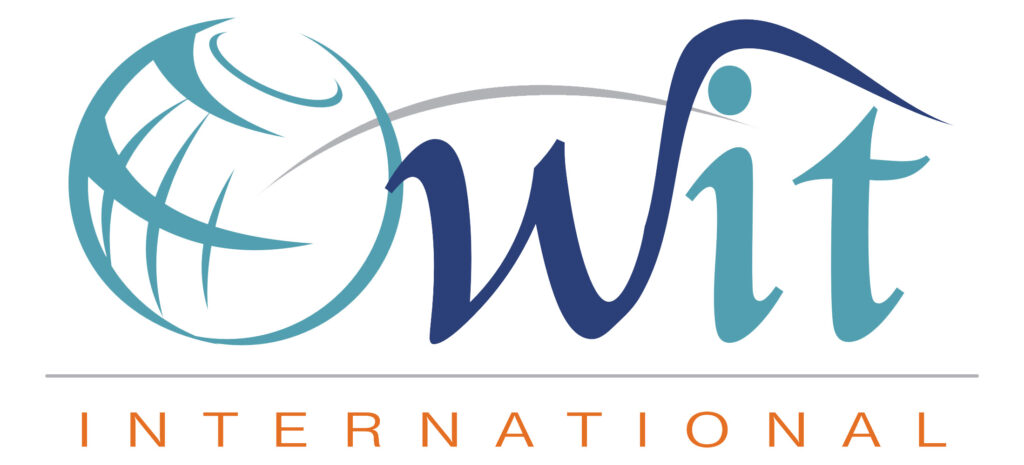OWIT at the 6th Global Economic Summit on Women’s Economic Empowerment in Mumbai
At the invitation of The Vietnam Women Entrepreneurs Council (VWEC), OWIT International President Andrea Ewart moderated the panel at the Asia Pacific Economic Cooperation (APEC) Public-Private Dialogue on Women and the Economy in September, the most important event of the 2017 APEC Women and the Economy Forum. Delegates from all 21 APEC Economies attended the Forum.
Andrea opened with these remarks:
As I prepared for this session, I had occasion to look at The Global Gender Gap Report – an annual report prepared by the World Economic Forum since 2006. The report seeks to measure the magnitude of gender disparities in countries – what is the gap between men and women across key indicators – and then to track their progress over time. The report has a specific focus on the relative gaps between women and men across four key areas: health, education, economy and politics. The 2016 Report covers 144 countries.
I thought it would be interesting to look at what the top 10 countries in 2016 had in common in the area of the economy which includes such indicators as ownership and leadership of companies and access to assets by women and men. The top 10 countries include Iceland, which has scored 1st for the last 8 consecutive years; and Rwanda which scored 5th for the very first time. I have no insights to reveal as no patterns emerged from my comparisons.
I will point to the possible importance of the role played by political empowerment, which uses the indicators of the number of women in Parliament or of women in Ministerial positions. All of the countries in the top 5 (and 7 in the top 10) ranked highly in this area. At the same time, there are limits that can be achieved by this one factor. Countries that performed well in this area were ranked very poorly in other key areas.
However, my research brought home to me the continued importance of meetings like these – where we can learn from and share with each other. This is particularly important as the 2016 report sadly concluded that there has been an overall decline in this area of economic empowerment and growth by women.
The session continued with an impassioned call to action by Irene Natividad, President, Global Summit of Women who emphasized the importance of collecting sex-disaggregated data to show the economic impact of women-owned enterprises that are growing worldwide. Their challenges are the need for capital, access to markets, and the need to be more open to international trade.
The panelists included:
· Mr. Ousmane Dione, Country Director, the World Bank in Viet Nam
· Ms. Nguyen Thi Tuyet Minh, Chairwoman, Viet Nam Women Entrepreneurs Council
· Mr. Dominic Patrick Mellor, Senior Country Economist, Asian Development Bank
· Ms Winnie Chan, Founder and CEO, Bynd Artisan of Singapore
· Ms. Rina Zoet, member of Indonesian Business Women Association
They addressed these issues:
· The challenges to women entrepreneurs in a changing world of work
· How to promote access to capital, assets and global market for women entrepreneurs
· How to increase competitiveness of women-led MSMEs
Some take-aways:
· The game-changing role being played by technology because it reduces the gender bias. Technology creates a platform to gain access to capital through crowdfunding, to showcase products and services. Instead of competing with big businesses SMEs can use these new platforms to excel;
· Specific experiences of Indonesia, Singapore, and Vietnam. In Vietnam a new law has been passed on supporting SMEs which will create opportunities to connect women in the supply value chain. In Indonesia, on the other hand, many legal barriers remain in place. In all three countries, despite concerns of digital illiteracy and access to the Internet, technology plays a positive and growing role. Facebook campaigns, for example, are a simple but effective means of marketing;
· The UN He for She Campaign is about women investing in other women. Sisterhood remains powerful and business associations for women play an important role

